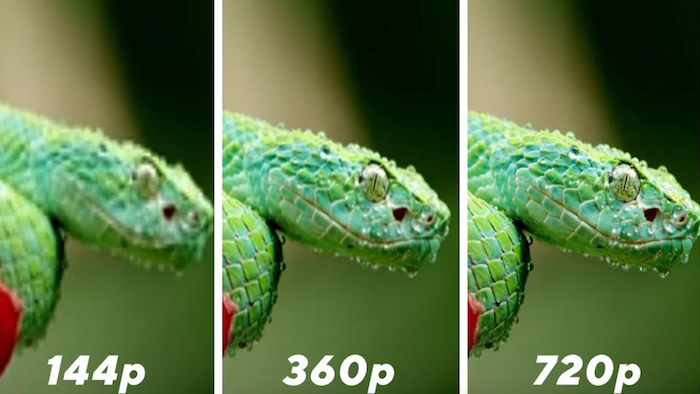If you're an avid language learner, you'll relate to this little post.
When you're learning a new language and someone asks, "how are you?", what do you usually say?
"Ecstatic"? "Marvelous"? "Outstanding"? Odds are you haven't learnt how to say those words yet. So you probably just say "I'm good!"
"Good" is good enough. Why learn 10 different words when 1 word does the trick to describe the same feeling?
I'd argue that this "switching" of 1 word for 10 similar ones is a kind of "compression". A 10x compression.Language learners use this hack all the time. It feels great at the beginning. You realize how few words you need to learn to express your thoughts.
I bet that eventually, though, you start feeling restricted.
Imagine, for example, that your day went excellent and you'd really like to convey that superlative to your friend. But all you've learnt is "good"!
Ugh! It's annoying to not have the vocabulary to express a wider range of thoughts.
So eventually you realize this compression is "lossy" - you're trading "fewer words to learn" for "inability to express complex thoughts".
Now, what do you do? You start expanding your vocabulary. Time to learn "ecstatic" and "marvelous".
With more vocabulary you could say the "10x" compression is decreasing. You can now say "I'm good" a few different ways.
And with more vocabulary, you can express more complex thoughts. You can talk about topics like politics and philosophy. Your conversations have gone from low-resolution to high-definition.

Now consider this: what would've happened if you'd tried to learn "ecstatic" and "marvelous" too soon and ignored the simpler words?
Novice language learners often go straight to learning vocabulary. They want 4k HD conversations so they spend too much time learning fancy words, when simpler ones would've been just fine.
As a result, they spend too little time learning tenses, conjugations, or adverbs - the bread and butter of any language.
The result? They'll impress a stranger with a few polished words, but be forced to admit their limited grammar when the conversation goes deeper.
If you're one of these people, ask yourself: What use is a high-definition picture with a bunch of gibberish pixels that don't make sense?

Would you rather watch a low-res movie that makes sense versus a high-res one that doesn't?
I'm using simple analogies to really drive the point home: if you're new to learning a language, don't put too much focus on expanding your vocabulary.
First, get the basics right. Learn to express a wide variety of simple thoughts.
Then, once you've built a solid foundation, make sure there's no big "knowledge gaps".
Finally, once you start feeling the itch to express complex thoughts, start growing your vocabulary.
I like to call this approach "learning languages with lossy compression". You start off by ignoring a bunch of vocabulary. The conversation won't be fancy, but at least you can hold one with a stranger. Only later, you start "uncompressing" it - making the picture higher resolution.

Written by Aryan Bhasin